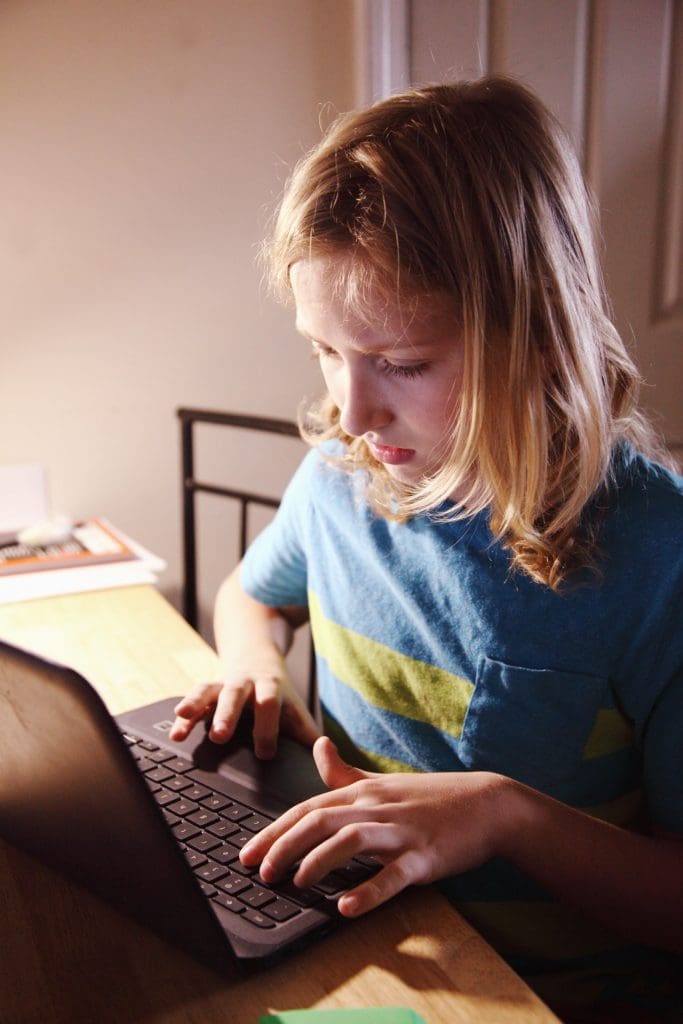https://en.unesco.org/
The COVID-19 health crisis has pushed some 1.3 billion children and young people around the world out of schools and universities, sending them home as part of measures to slow the pandemic. While these students may be safer from the virus at home, they are at increased risk of other harms such as violence including cyberbullying and sexual harassment, and sexual exploitation.
Responding to the heightened need to protect children and young people during COVID-19, UNESCO, as part of the Safe to Learn coalition, has issued a suite of support materials for governments and other stakeholders. This includes a technical note on COVID-19 and its implications for protecting children online, guidance for education ministries as they support schools to provide safe online learning experiences, and a set of recommendations for governments to help prevent and respond to violence against children in different learning environments, including at home.
For many students, home is not a safe place to be. Past experience tells us that when educational institutions close for more than a few weeks, the most vulnerable children and young people are often left behind. Socioeconomic pressures can exacerbate violence against children in the home, including physical, sexual, emotional, economic violence, abuse and neglect.
With widespread school closures and physical distancing measures moving the lives of children and young people online, there is also an urgent need for measures to address digital safety. According to the Safe to Learn technical note, it is likely that COVID-19 will heighten the risk of online sexual exploitation and increase the likelihood that children come into contact with online predators. Other issues which may emerge include the widespread issue of cyberbullying, access to harmful content, increased risk-taking behavior and the inappropriate collection, use and sharing of data.
“School closures across the world have left many children and youth vulnerable to harm, with girls disproportionately impacted,” said Stefania Giannini, UNESCO Assistant Director-General for Education. “UNESCO stands firmly with Safe to Learn partners as we work to end the violence that undermines education and provide comprehensive guidance to governments, educators, parents and communities to keep students safe during these unprecedented times, on and off-line. This calls for collaborative action to ensure protection, prevention and access to psycho-social support.”
The guidance for education ministries around online safety focuses on the following key recommendations:
- Schools should create or update safeguarding policies;
- Schools should promote and monitor good online etiquette;
- Schools should ensure that children have continued access to school-based counselling services; and
- Schools should clearly communicate online safety policies and provide resources and information.


